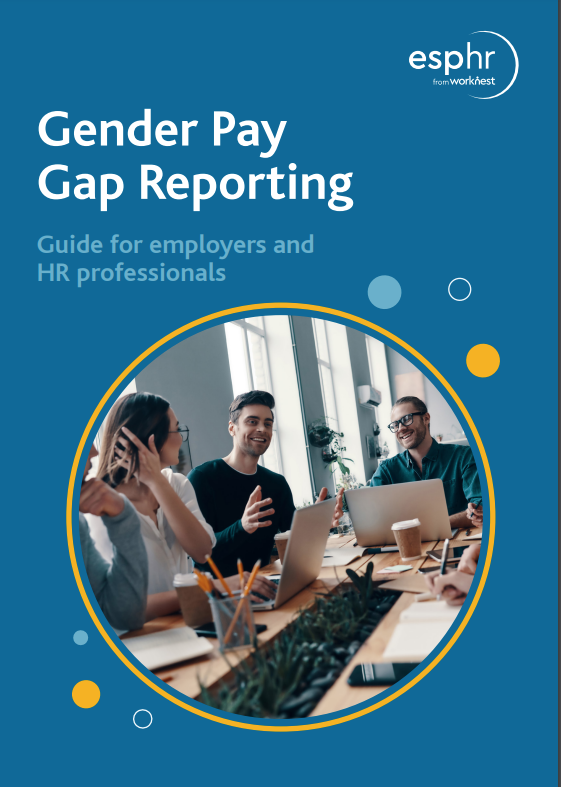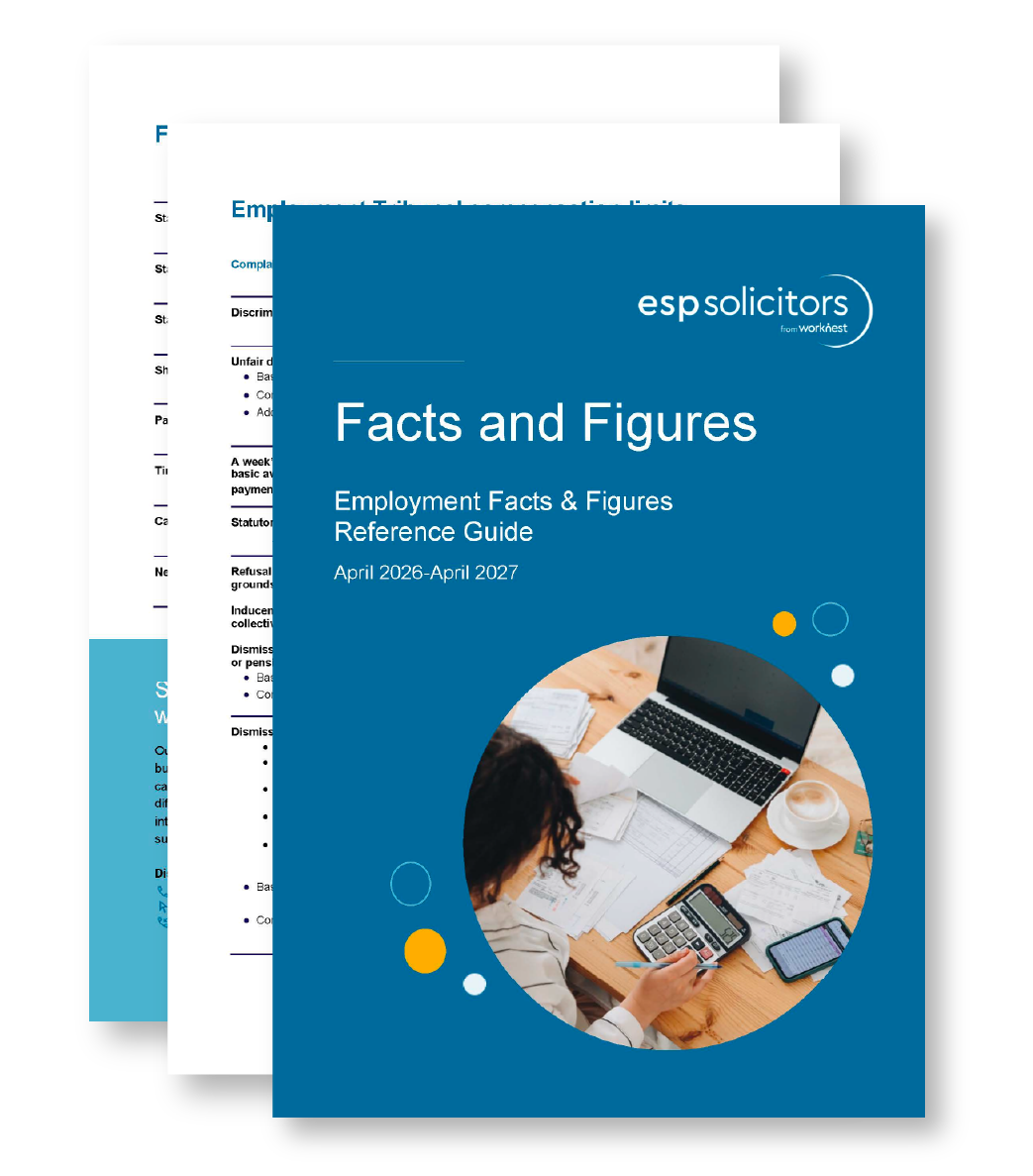In our previous blog, we explored some of the UK immigration changes that occurred in 2023 such as Reforms to Student Visas and Increased Visa Fees. In this blog, we’re picking up where we left off, diving deeper into the recent amendments to the UK Immigration Rules set to come into effect in January 2024.
These changes bring about new considerations for employers, HR professionals and employees, especially in terms of planning for future recruitment and increased costs.
Imminent Changes Affecting UK Immigration Routes
On December 7, 2023, the Home Office announced significant updates to a number of UK immigration routes, as well as the introduction of several new appendices to the Immigration Rules. The changes set out below came into effect on 31 January 2024.
Deadline for Family Member Applications: Family members joining UK residents must now apply to the EU Settlement Scheme within three months of their arrival in the UK.
Relaxation of visit visa rules – remote working and intra-corporate activities: The visit visa rules have been clarified to confirm that visitors are allowed to work remotely for their overseas employment during their stay provided the remote work isn’t the primary reason for their visit. Employers should bear in mind that the visitor’s main purpose for coming to the UK should not be for work and that they should remain genuinely employed overseas.
In addition to other changes, the rules now allow intra-corporate travellers to advise, consult, provide training and share skills and knowledge with clients as well as colleagues where this is for a project delivered by the UK entity.
Expansion of the Youth Mobility Scheme: The Youth Mobility Scheme (YMS) is expanding, with Uruguay now included in the list of countries participating in this cultural exchange programme for young people. Additionally, the maximum age for Australian and Canadian citizens to qualify is to rise from 30 to 35 – with a maximum of 3 years in total allowed on the visa.
These changes will take effect on 31 January 2024.
Changes from Spring 2024
More wide-ranging changes are being implemented from Spring 2024.
These changes include the well-publicised increase to the general salary threshold for the skilled worker visa. This is going to affect many employers who have had to rely on sponsoring workers since Brexit.
Employers should be aware of, and planning for, the following changes:
- The minimum salary required for skilled workers will increase to £38,700 from 4 April 2024.
- Individuals to be sponsored for the Health and Care Worker visa will be exempt from the salary threshold but new care workers will no longer be able to have their dependants apply with them from 11 March – this is likely to have a huge effect on overseas recruitment in the care sector and this restriction will also apply to individuals already in the UK and switching into the care visa.
- The Shortage Occupation List (SOL) will be renamed to the Immigration Salary List and there is to be a review of what occupations should remain on there. Employers who are used to roles being on the SOL should make sure they review this once it has changed and consider the salary implications if any roles have been removed or added.
- Any employees who are currently sponsored will not be subject to the new salary threshold but their pay will be expected to be in-line with the 25th percentile when they make an application to extend their visa or change employment. Therefore, employers should always check the current salary requirement when creating and assigning a Certificate of Sponsorship.
Employers who sponsor skilled workers should ensure that they keep up to date with any changes and are familiar with their duties as sponsors. Non-compliance risks the sponsor licence being revoked and the loss of any sponsored workers.




